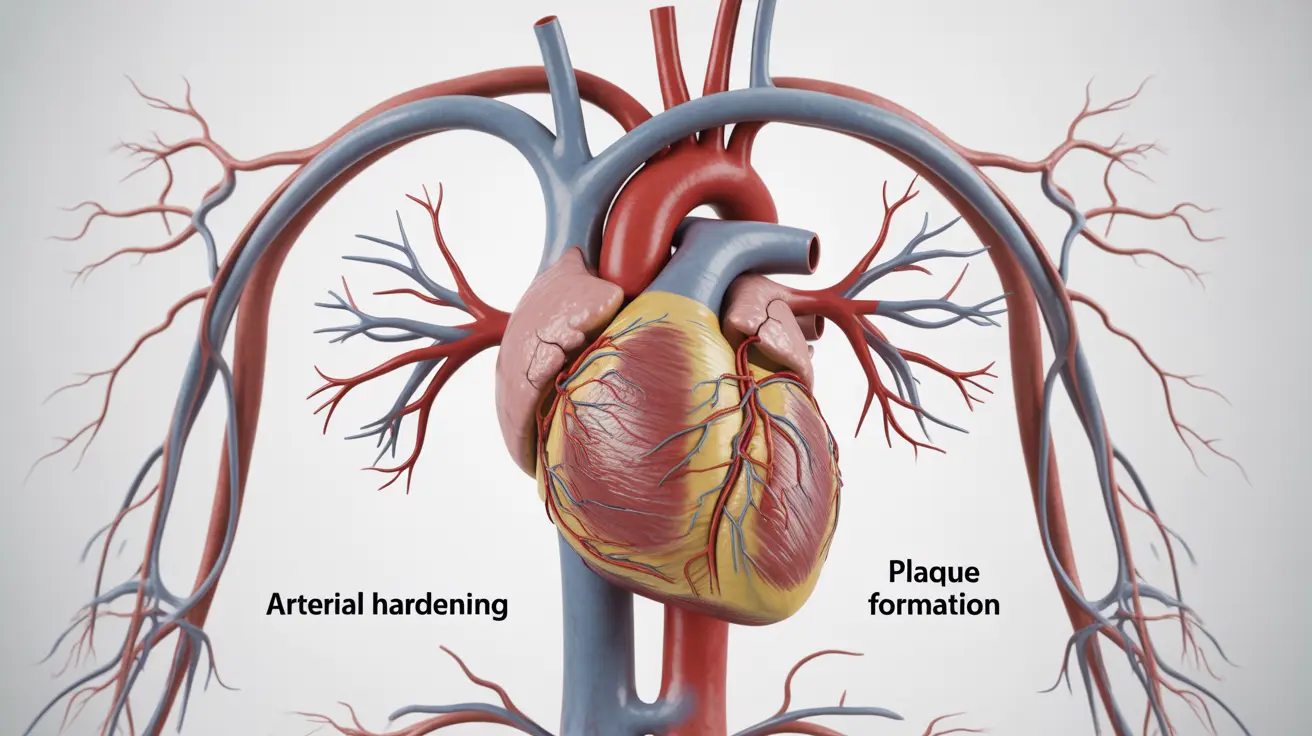Understanding the relationship between blood pressure levels and heart attack risk is crucial for managing cardiovascular health. While many people know that high blood pressure is dangerous, there's often confusion about exactly how high blood pressure needs to be to increase heart attack risk significantly.
In this comprehensive guide, we'll explore the connection between blood pressure readings and heart attack risk, helping you understand the critical numbers and what they mean for your health.
Understanding Blood Pressure Classifications
Blood pressure readings are categorized into different stages, each carrying its own level of risk:
- Normal: Below 120/80 mm Hg
- Elevated: 120-129/less than 80 mm Hg
- Stage 1 Hypertension: 130-139/80-89 mm Hg
- Stage 2 Hypertension: 140/90 mm Hg or higher
- Hypertensive Crisis: Higher than 180/120 mm Hg
The Connection Between Blood Pressure and Heart Attack Risk
Even moderately elevated blood pressure can begin to damage your cardiovascular system. The risk increases progressively as your blood pressure numbers rise above normal levels.
How High Blood Pressure Damages Your Heart
Sustained high blood pressure affects your cardiovascular system in several ways:
- Arterial damage and hardening
- Formation of arterial plaques
- Increased workload on the heart
- Weakening of blood vessel walls
- Reduced blood flow to heart muscle
Critical Blood Pressure Levels and Heart Attack Risk
While there isn't a single blood pressure number that definitively triggers a heart attack, research shows that risk increases significantly when readings consistently exceed 140/90 mm Hg. Even stage 1 hypertension (130-139/80-89 mm Hg) can double your risk of cardiovascular events compared to normal blood pressure.
Prevention and Management Strategies
Maintaining healthy blood pressure levels is crucial for preventing heart attacks. Key strategies include:
- Regular blood pressure monitoring
- Medication adherence when prescribed
- Dietary modifications (particularly reducing sodium)
- Regular physical activity
- Stress management
- Limiting alcohol consumption
- Maintaining a healthy weight
Frequently Asked Questions
How high does blood pressure have to be to increase the risk of a heart attack?
Blood pressure readings consistently above 130/80 mm Hg (Stage 1 hypertension) begin to increase heart attack risk. The risk becomes significantly higher with readings above 140/90 mm Hg (Stage 2 hypertension).
Can having stage 1 hypertension (130-139/80-89 mm Hg) cause heart attacks?
Yes, even stage 1 hypertension can increase your risk of heart attacks. While the risk is lower than with stage 2 hypertension, studies show that stage 1 hypertension can double your risk of cardiovascular events compared to normal blood pressure.
Is there a specific blood pressure level that directly causes a heart attack?
There isn't a specific blood pressure number that automatically triggers a heart attack. However, the risk increases progressively with higher blood pressure readings, especially when consistently above 140/90 mm Hg.
How does uncontrolled high blood pressure damage arteries and contribute to heart attacks?
Uncontrolled high blood pressure damages arterial walls, leading to atherosclerosis (hardening of arteries), plaque buildup, and inflammation. This damage narrows arteries, reduces blood flow to the heart, and increases the risk of blood clots that can cause heart attacks.
Can lowering blood pressure reduce the likelihood of experiencing a heart attack?
Yes, lowering blood pressure through medication, lifestyle changes, or both can significantly reduce heart attack risk. Research shows that every 10 mm Hg reduction in systolic blood pressure decreases the risk of major cardiovascular events by 20%.




